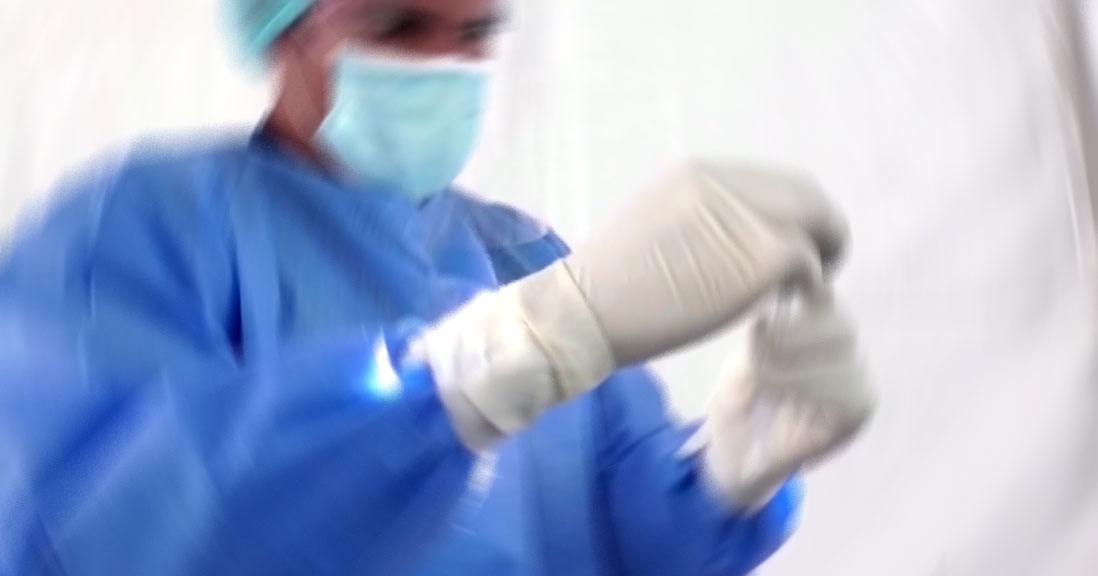Initial results from an online survey conducted by a group of researchers at Nanyang Technological University (NTU) found that more than half of the respondents are willing to receive the Covid-19 vaccine, as soon as it becomes available in Singapore.
More than half willing to get vaccinated
This is an ongoing online survey commissioned by the Wee Kim Wee School of Communication and Information (WKWSCI).
It is part of a larger study tracking information behaviour in Singapore, and a project of an upcoming research centre at WKWSCI.
The survey had asked questions regarding how respondents viewed the Covid-19 vaccine.
This included questions such as if they felt that the vaccine would be effective in curbing the spread of Covid-19 within the community.
Some 66 per cent of respondents thought it would be effective.
Out of the 999 respondents in the initial results, 55.3 per cent agreed or strongly agreed that they will get themselves vaccinated when the Covid-19 vaccine becomes available in Singapore.
Some 33.7 per cent of respondents said they neither agreed nor disagreed, while 10.9 per cent of respondents disagreed or strongly disagreed with the statement.
Male participants were slightly more likely to agree with the statement than female participants, there were no such differentials between age groups.
Older respondents more likely to fall for false vaccine claims
Interestingly, 24.4 per cent of respondents thought a false claim that the Covid-19 vaccine could allegedly alter the human DNA was probably or definitely true.
Older respondents were more likely to rate this false claim as true as well.
Associate Professor Edson C. Tandoc Jr., the lead researcher behind the survey, said that Prime Minister Lee Hsien Loong's mentioning that he would be getting vaccinated himself helped to increase public trust in the vaccine.
The professor, however, stressed that there is a rise in conspiracy theories and misinformation, and it is important to track public attitudes towards the Covid-19 vaccine.
Top image via
If you like what you read, follow us on Facebook, Instagram, Twitter and Telegram to get the latest updates.
